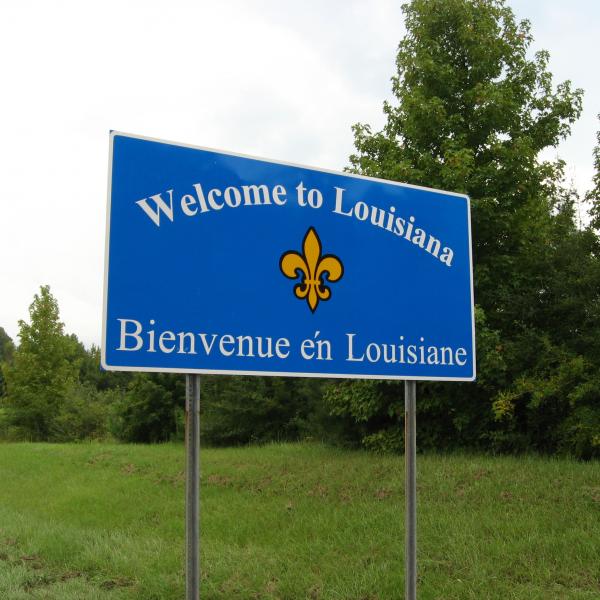I wanted to comment on some impressions I had of the reading provided by Dr. Thompson on Thursday pertaining to Wallace Thursman. It's too bad that we did not have more time to explore the very complex reading he gave us and the psyche out of which those remarks were generated. If I may be so bold to make a remark of criticism, I was sorry to see us lose so much time repeating introductions at the beginning of the presentation. Still, I understand that he certainly had a right to want to know what sort of group he was addressing. It's just too bad so much time was lost....
Returning to the document itself, I was struck over and over again by Thurman's contamination with the cynicism and bitterness apparently learned at the hand of H.L. Mencken. Thurman found so precious little to praise in the literature he surveyed and, again and again, Mencken's influence was clearly present. I wish we had had an opportunity to explore his relation with Mencken – was he a student? Just an avid reader? Was he personally acquainted with Mencken? Did they work together? Why did he feel Mencken's model of criticism was so worthy of emulation? Whatever the relationship, Mencken's influence was pervasive and utterly dominating.
I was also struck by how universally negative was his appraisal of the literary scene he addressed excepting only, so far as I can remember, Toomer's Cane. The closing remarks in that section (“most emancipated and intelligent Negro yet to appear …. stands on a mount … eyes cast alternately earthward and alternately heavenward, relentlessly searching for some meaning in the meaningless universe”) impressed me deeply as a possible key to better understanding what appears to me to be Thurman's bitter and unhappy self.
I cannot think what I perceive as Thurman's personal unhappiness was merely a mode of thought learned from Mencken. Thurman's life – as presented in class – gives lots of indications that he was a deeply unhappy person. Rumors of homosexuality (Dr. Thompson or someone mentioned an arrest for solicitation of sexual services), a failed marriage, professional failure, wild partying, nightclubbing, threats of suicide, chronic alcoholism, and early death due to TB and/or alcohol abuse all point to a deep-seated personal burden of unhappiness. So, with that backdrop in mind, I must try to make sense of his critique of other writers and his praise of Toomer.
Because he is so roundly critical of his peers and he reserves his praise for what he sees as the heroic individualism and personal strength displayed in Toomer's work, it looks to me like Thurman has adopted as one important (perhaps the only, certainly the overriding) criterion for judging the value of a literary work the fidelity of the writer to his/her own vision of the world, not compromised by any commitment to someone else's project. Colossally well read, Thurman must have come across this standard (the Shakespearean “And this above all … to thine own self be true” or the ancient Greek “Know thyself”) and it looks like this is the one by which he measures everyone else's literary efforts and his own. However, as a self-hating gay black man, the adoption of such a standard must have been an awful burden for him to bear. It must have been a terrible struggle for him as he found himself caught between the personal need to affirm himself (for his own survival) and, as a literary critic and writer himself, the need to articulate his demand that others do the same. He demanded honesty and courage from other writers but was unable, for whatever reason, to provide the same without sarcasm and self-serving (petty?) insults. I guess all this means Thurman should be viewed most properly as a tragic case, someone who possessed broad learning and enormous potential but who lived at a time when his sexuality, his youthful, revolutionary (creative and contributive) intentions, his fundamental solidarity with the literary ambitions of his generation and race were not yet acceptable to the larger society around him. Who knows what he might have written or accomplished with some maturity and psychoanalysis under his belt?
I'm glad I had the opportunity to become a little acquainted with Wallace Thurman. His story, though, looks a lot more complex than I, for one, suspected.
--Robert Breckenridge



